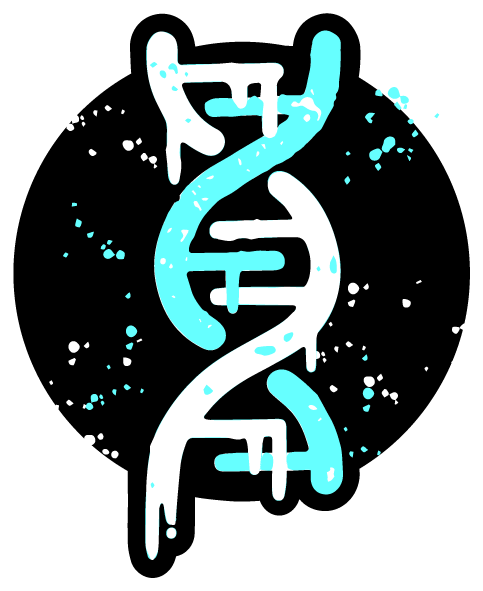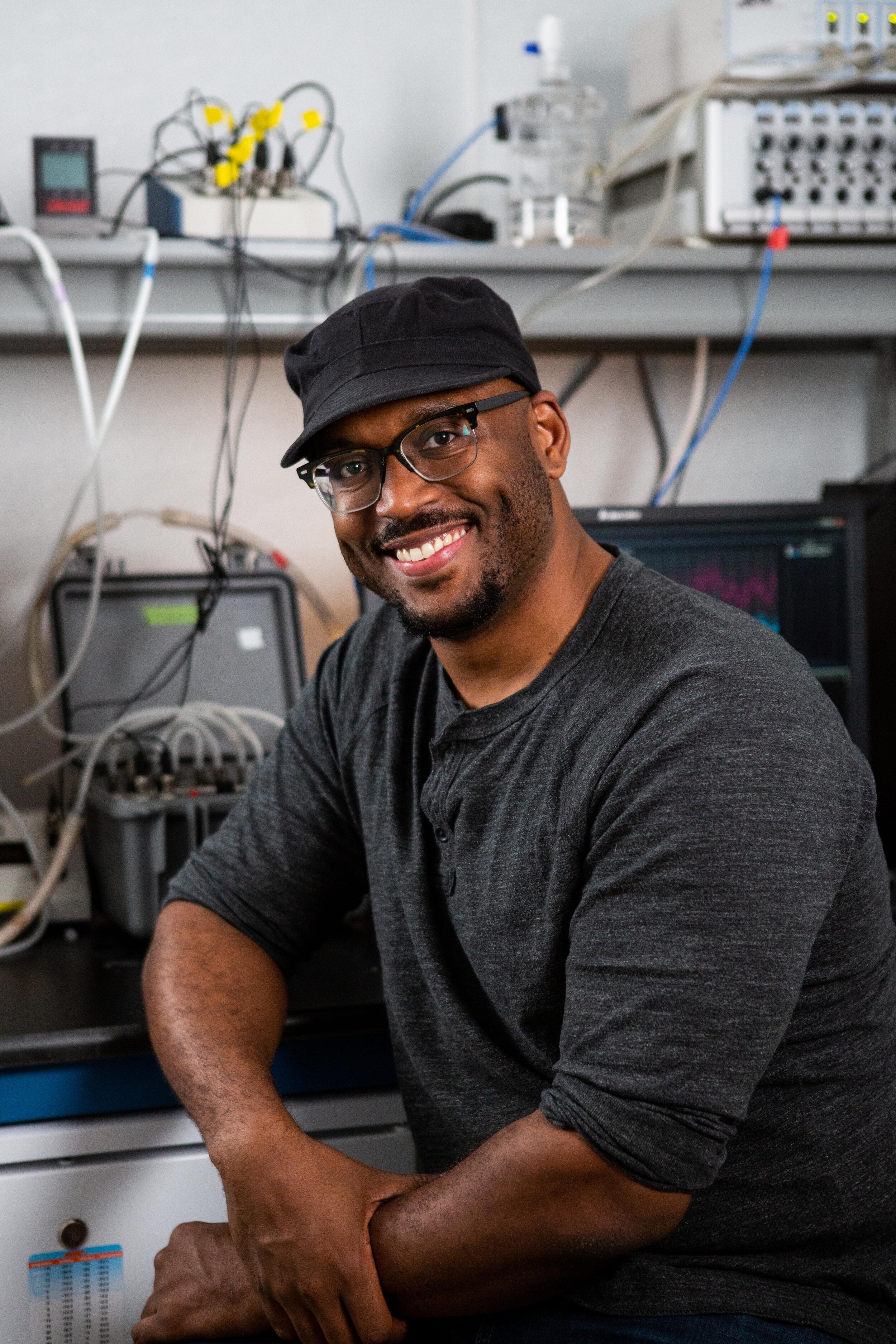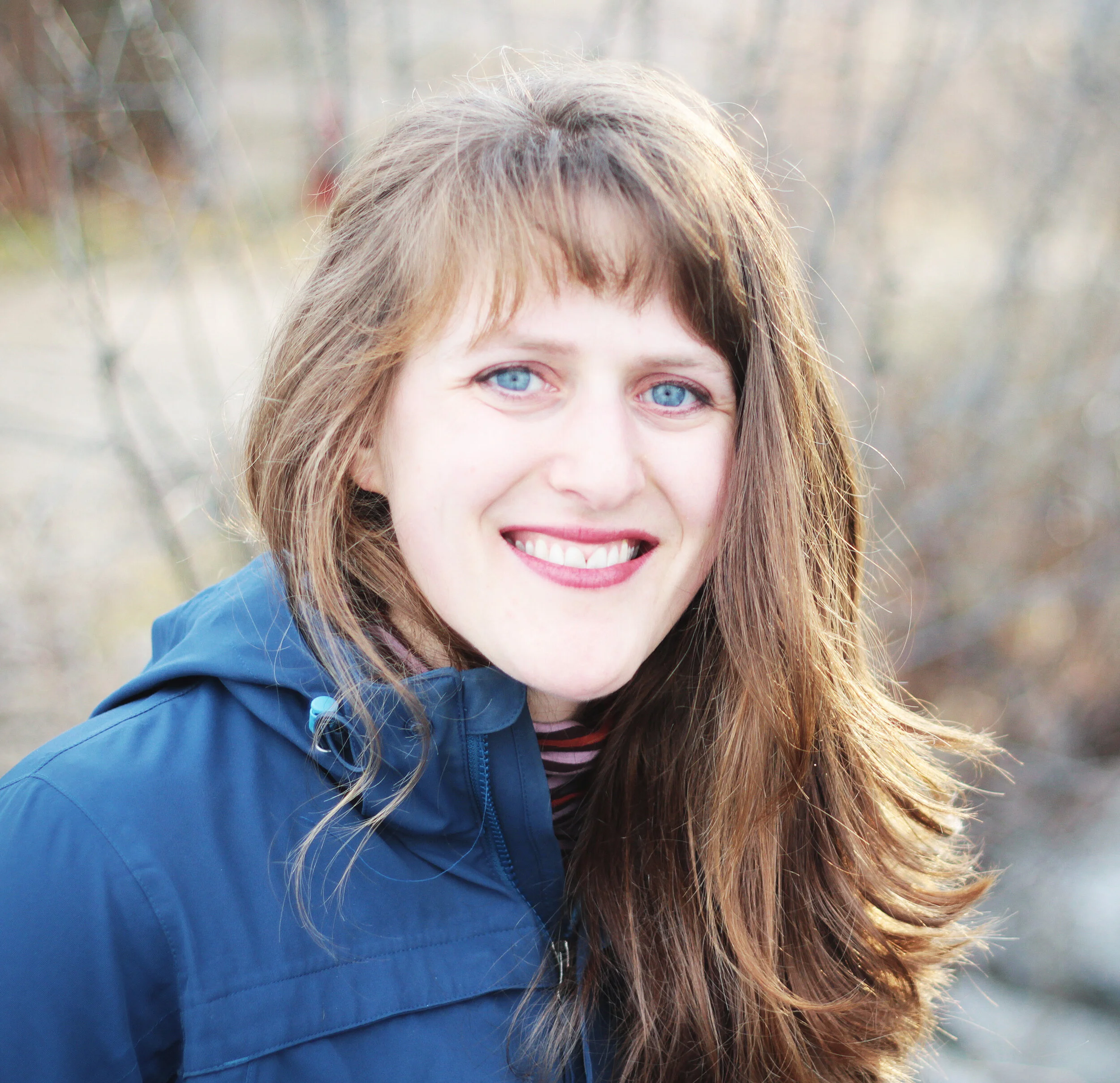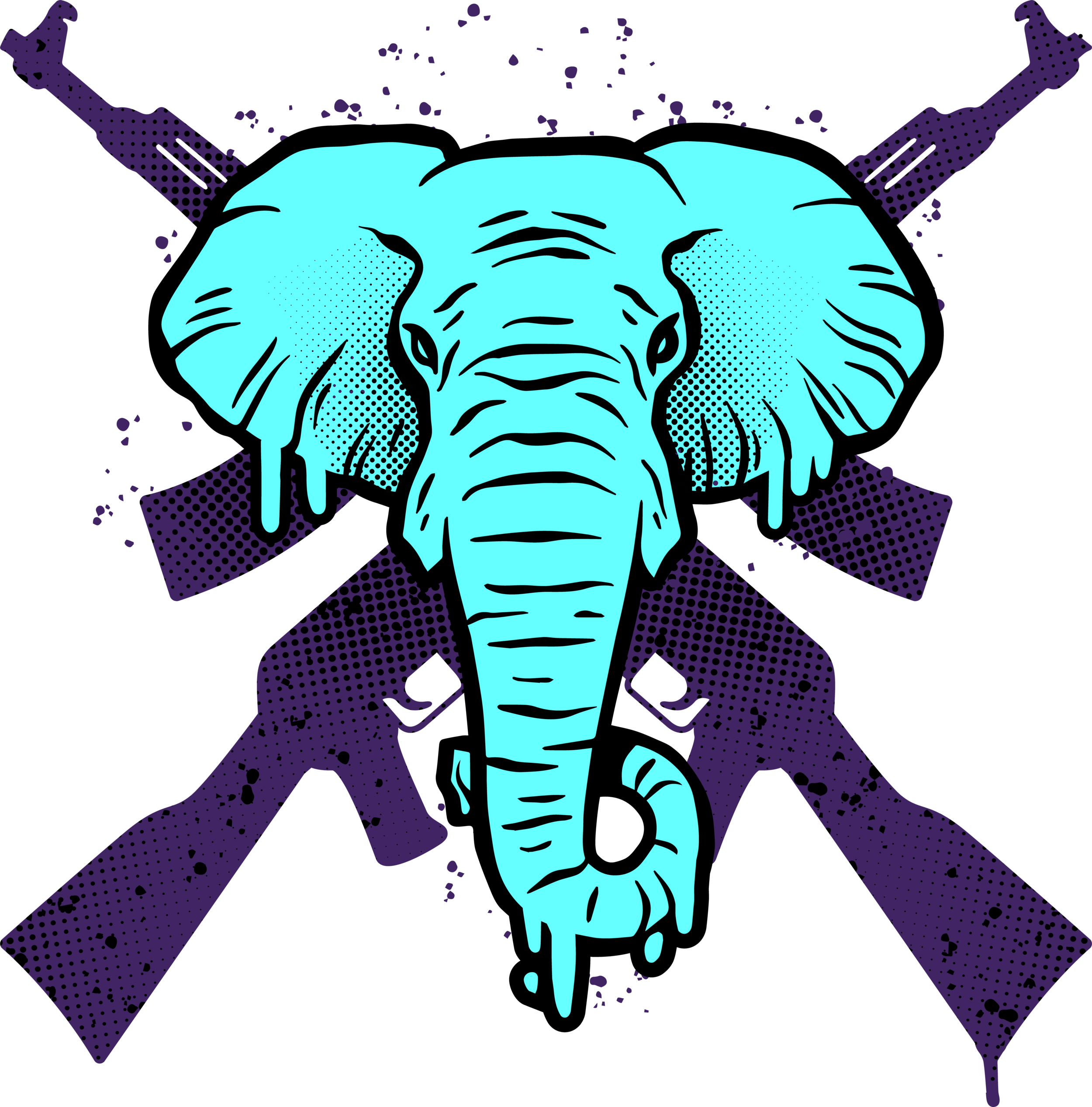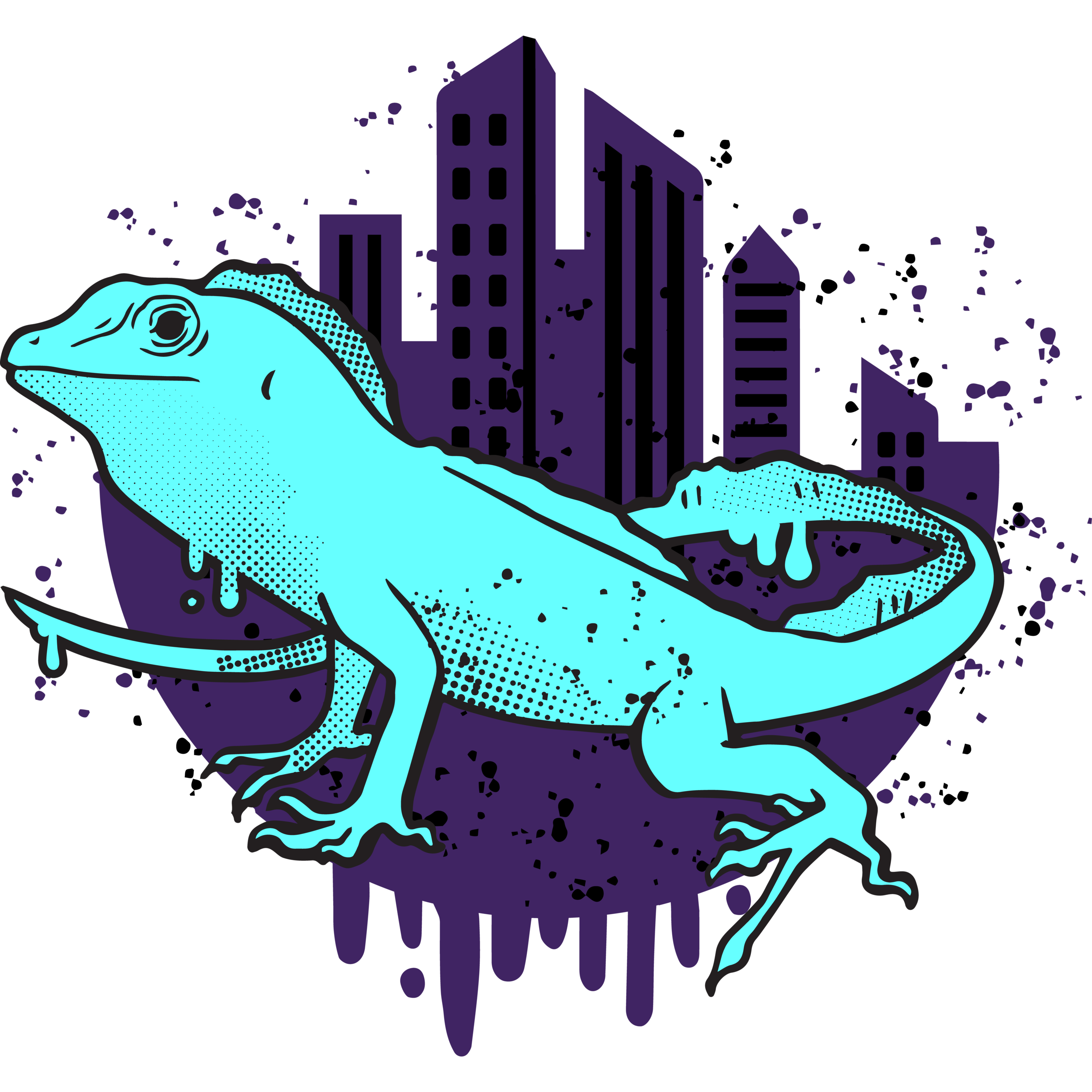
Here in the Campbell-Staton Group, we focus on evolution in the Anthropocene.
An•thro•po•cene /'anTHrəpəsēn/(noun)
The current geological age, viewed as a period during which human activity has been the dominant influence on climate and the environment
We study animal performance, gene expression and genomics to understand the lasting biological impacts of our human footprint.
Photo by Becca Skinner / Day's Edge Productions
Before we dive in,
Here is some recent news from the lab:
more about our work
Understanding a new chapter in the story of evolution – dominated by the pressures of human history, movement, culture, politics and conflict.
Evolution and ecology are commonly studied in “natural” environments, but the same processes allow organisms to adapt to the world we are creating.
Humans are changing nearly every aspect of the environment to meet our own purposes, but we are just beginning to understand how wildlife is adapting to live alongside us.
Photo by Becca Skinner / Day's Edge Productions
Our research takes us to cities and remote places around the globe where humans are impacting wildlife in extreme ways, to understand how human activity influences evolution.
check out some of our favorite stories
These examples of evolution teach us important lessons about the rules of life and the future of biodiversity in a human-dominated world.
project highlight:
The tuskless elephants of Gorongosa
This video features work by the Shane Campbell-Staton Group and collaborators to understand the genetic basis of tusklessness in African elephants and its relation to the country’s history of civil war.
